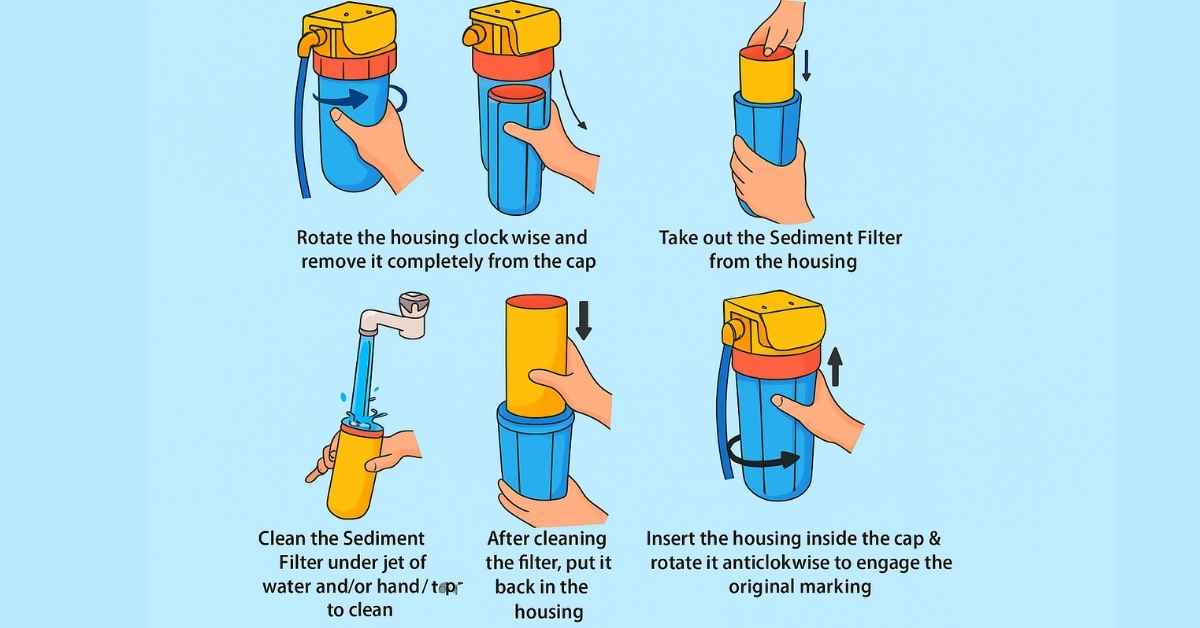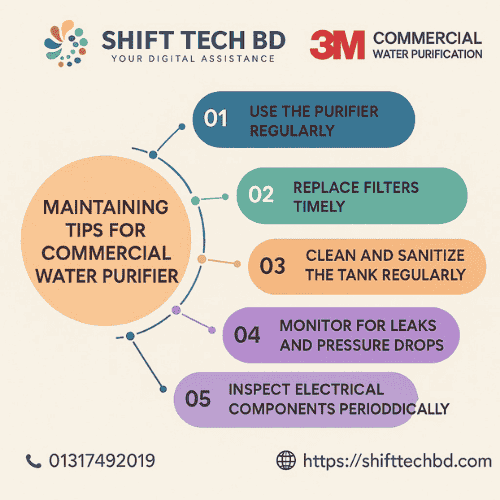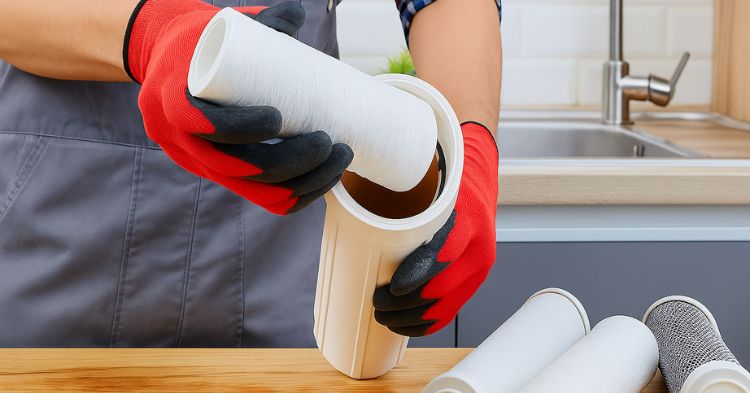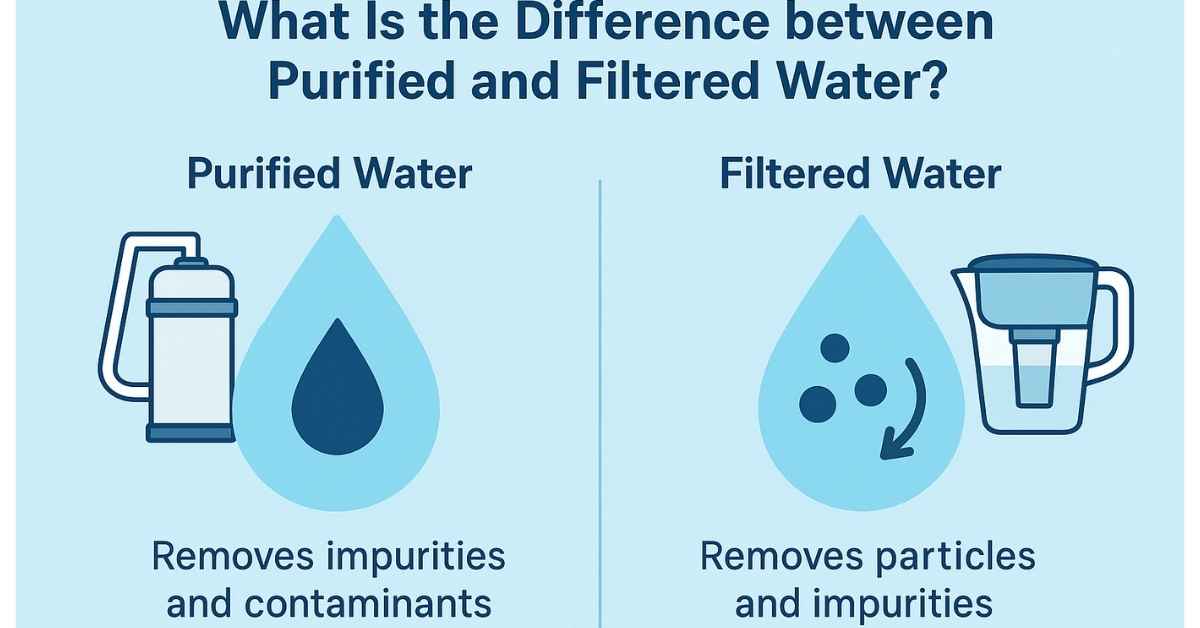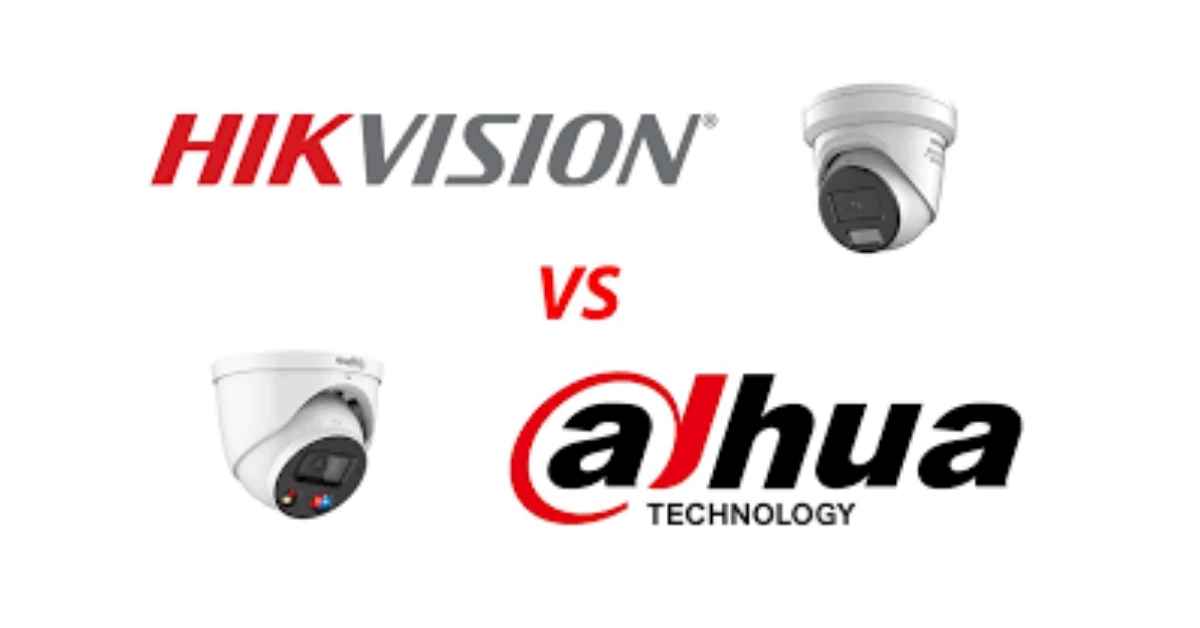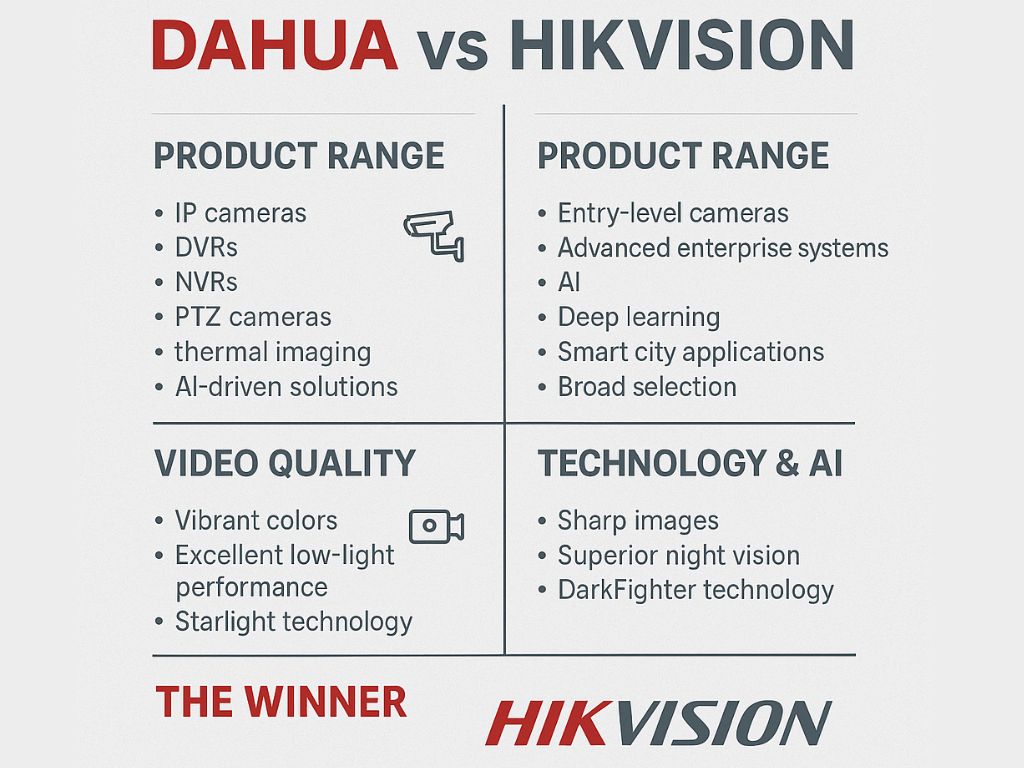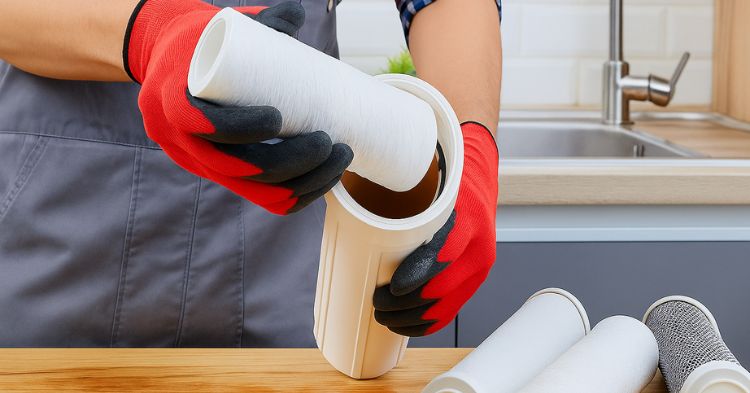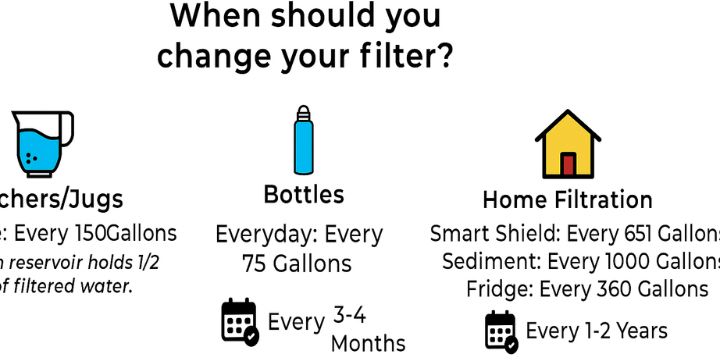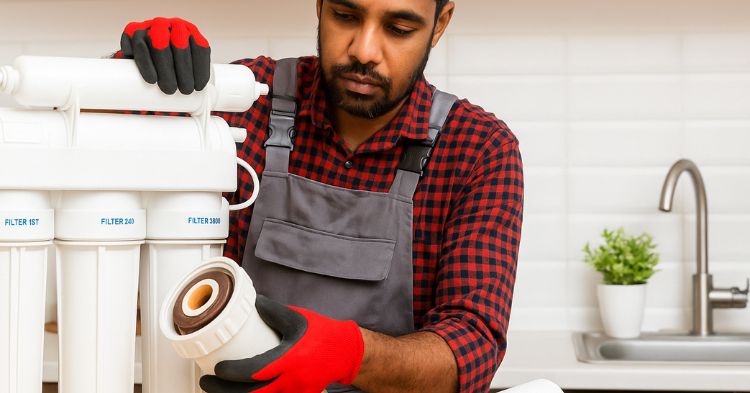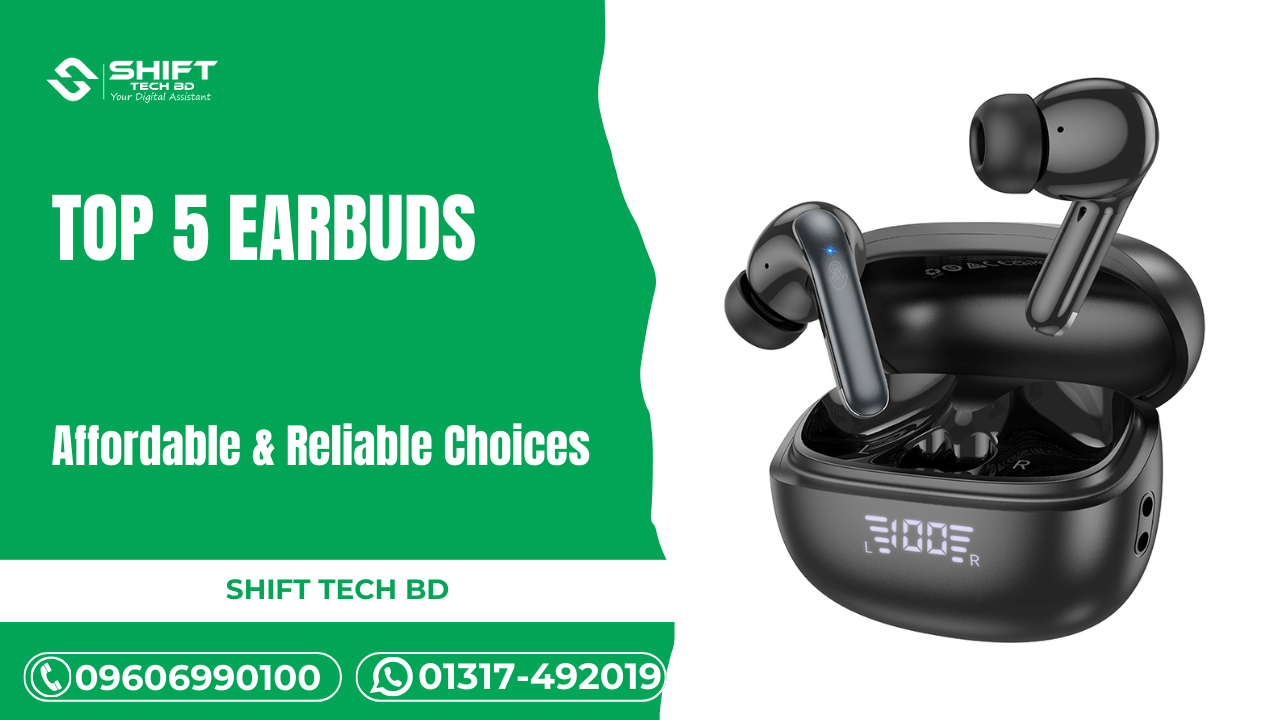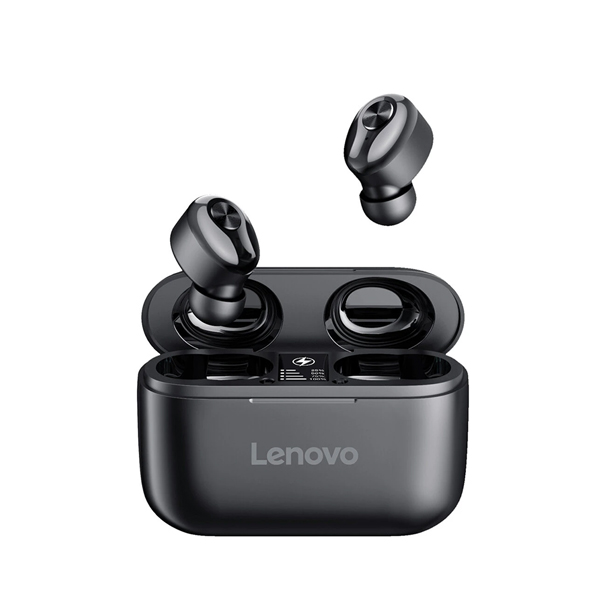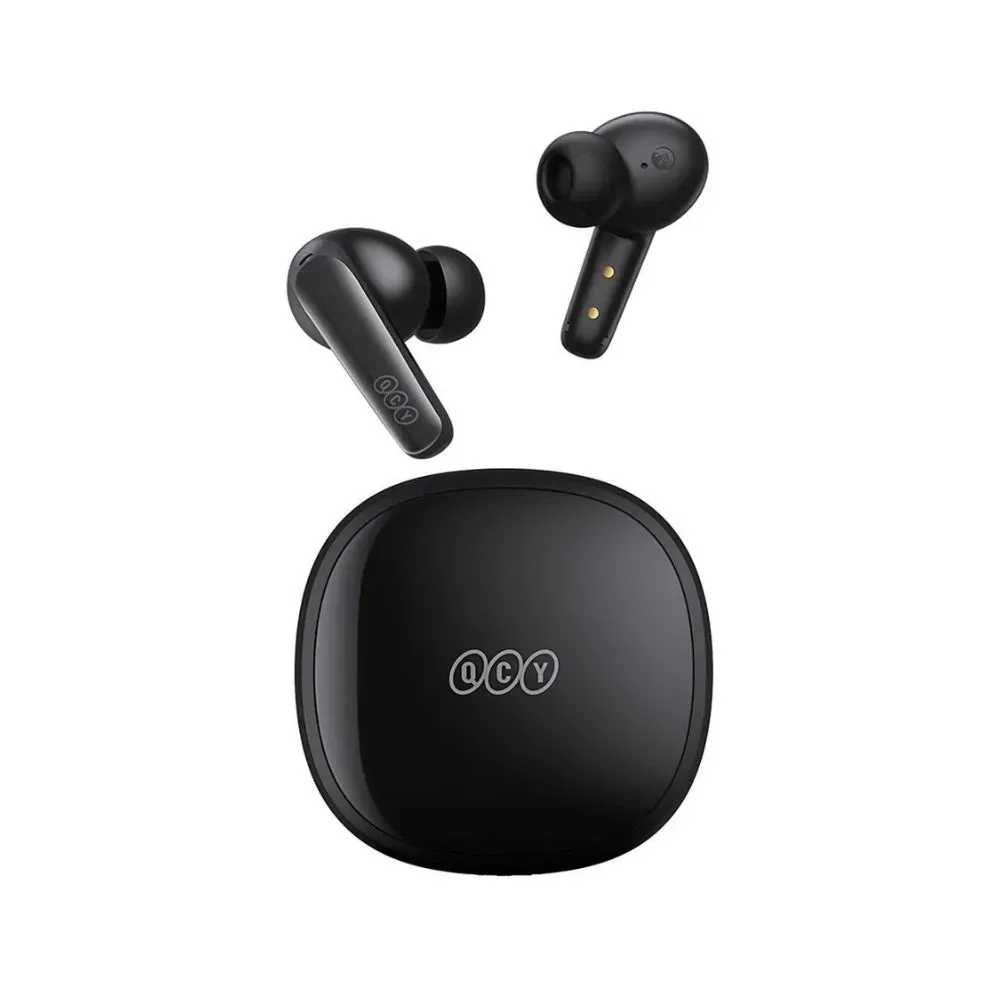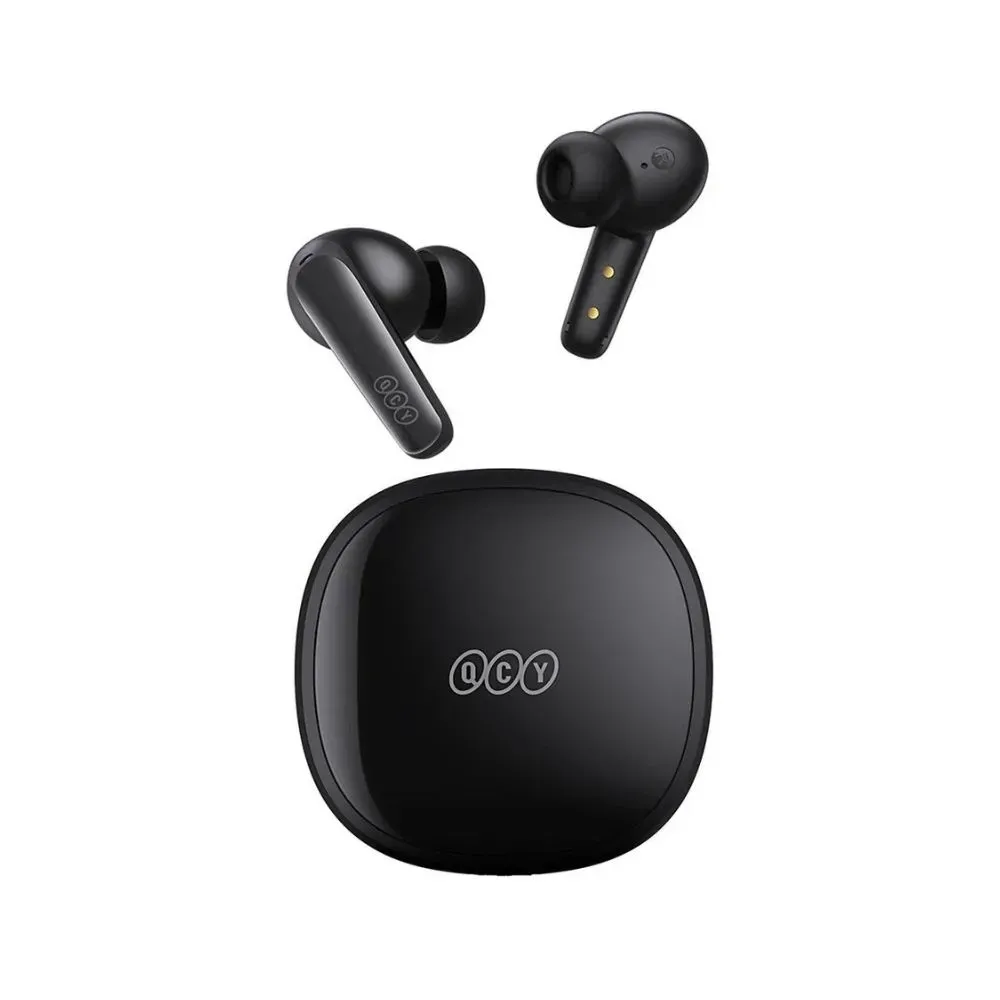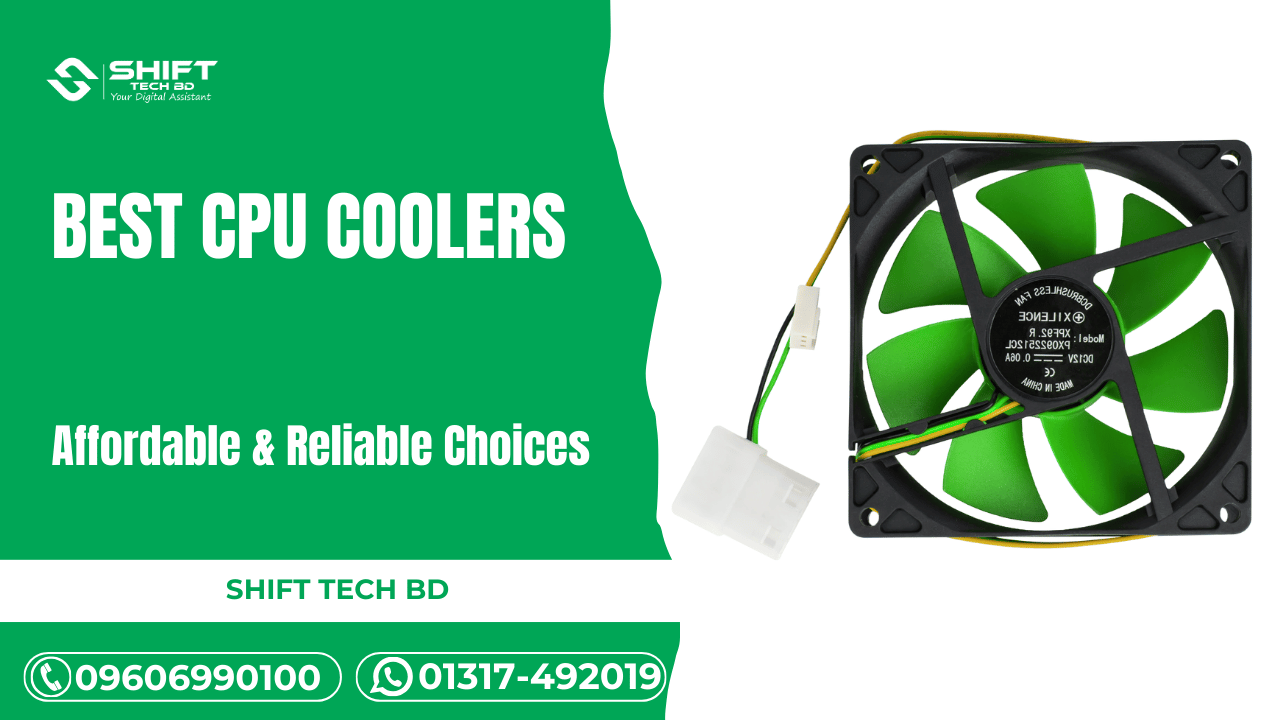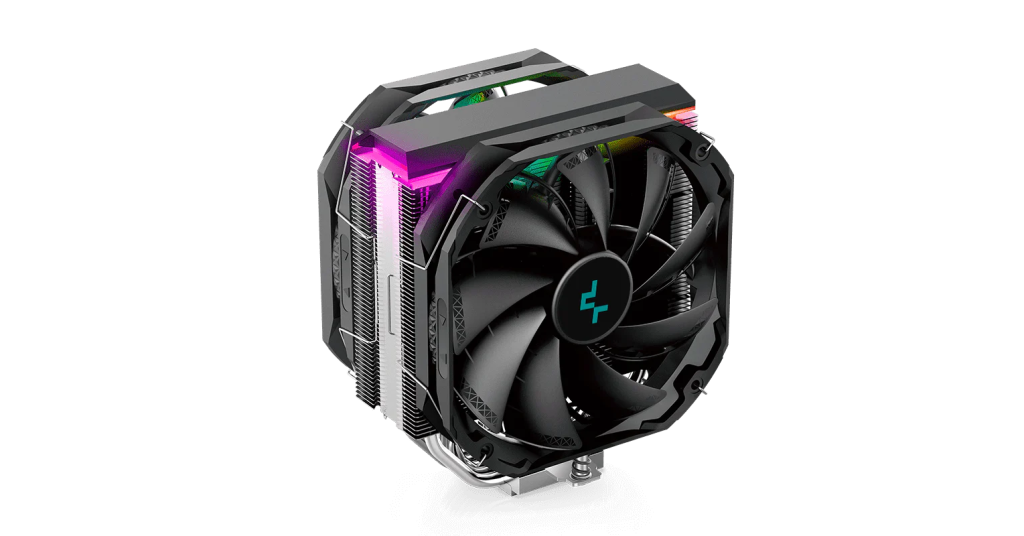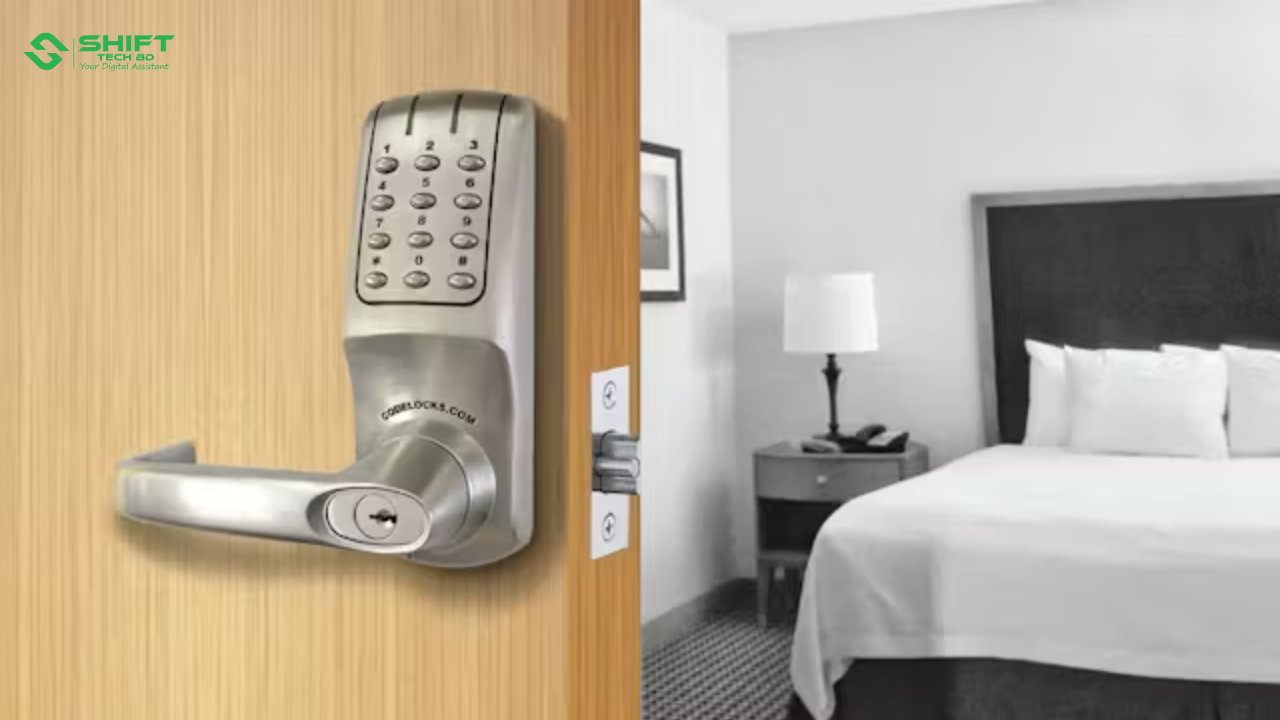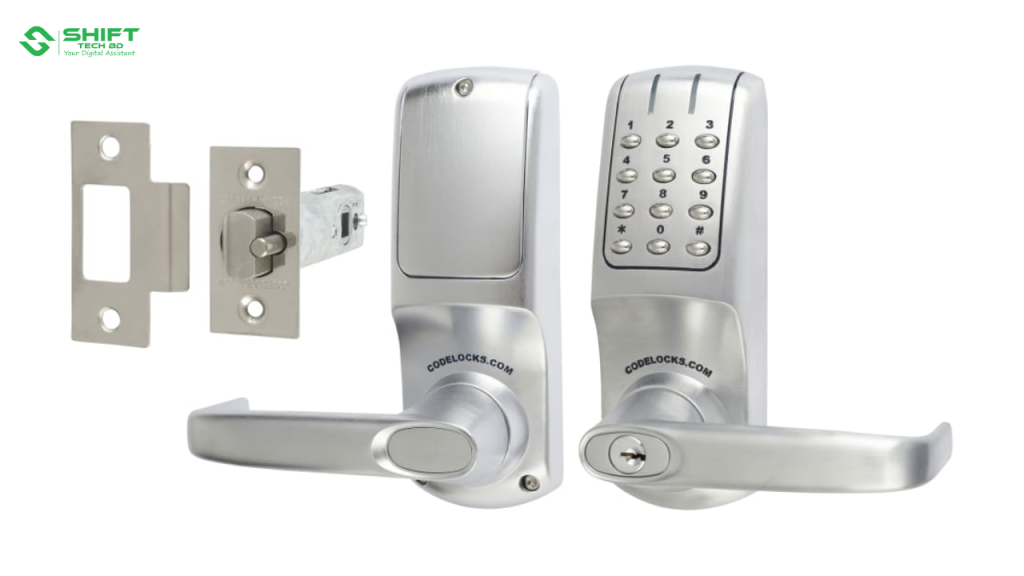Best CCTV Camera Brands in Bangladesh
Choosing the right CCTV camera brand in Bangladesh can be confusing with so many options available. From global leaders like Hikvision and Dahua to reliable local brands, each offers unique features, pricing, and support. Here’s a guide to the best CCTV camera brands suited for homes, offices, and businesses.
Top 10 Best CCTC Camera Brands in BD
- Hikvision Brand
- Dahua Brand
- Uniview (UNV)
- Jovision Brand
- CP Plus
- Avtech Brand
- ZKTeco
- Jovision Brand
- Campro Brand
- Panasonic CCTV
Summary Table: Which Brand for What?
| Recommended For | Recommended Brands |
|---|---|
| Best overall quality & features | Hikvision, Dahua |
| Affordable & reliable | CP Plus, Jovision, local brands |
| Smart/IP/Security features on a budget | Uniview, Campro, CP Plus |
| Durability & outdoor use | Avtech, Hikvision |
| Biometric integration | ZKTeco |
| High-end clarity & analytics | Sony, Axis, Panasonic, Bosch |
| Lowest cost with local support | VisionTech, Walton, others |
1. Hikvision Brand
Hikvision, founded in 2001 in China, is the world’s largest CCTV manufacturer. They produce analog, IP, Turbo HD, PTZ, ColorVu, and AI-powered security cameras. Hikvision cameras are known for superior image quality, smart analytics, night vision, and durability. Prices in Bangladesh range from ৳2,500 for basic models to over ৳20,000 for advanced IP/AI units. Hikvision is best for homes, shops, and enterprises seeking reliable surveillance with modern features. Strong distributor and service networks across Bangladesh ensure after-sales support and easy availability of accessories, making Hikvision the leading choice in both residential and commercial security solutions.
2. Dahua Brand
Dahua Technology, founded in 2001 in China, is a global CCTV and security solutions leader. They manufacture analog, HDCVI, IP cameras, PTZ, and AI-based smart cameras. Known for high-definition video, durable build, night vision, and advanced analytics, Dahua balances performance with affordability. In Bangladesh, prices typically start from ৳2,200 for basic models to ৳18,000+ for premium IP/AI cameras. Dahua is best for both residential and commercial use, offering scalable solutions from small homes to large enterprises. With authorized resellers and service partners in Bangladesh, customers get good local support, reliable warranties, and access to the latest security innovations.
3. Uniview (UNV)
Uniview (UNV), founded in 2005 in China, is a pioneer in IP video surveillance. They focus on network cameras, NVRs, PTZ, dome, bullet, and AI-powered solutions. Known for innovative features like heat mapping, people counting, and smart detection, UNV balances quality with cost-effectiveness. In Bangladesh, UNV CCTV prices range from ৳3,500 for entry-level IP cameras to ৳15,000+ for advanced AI systems. Best suited for businesses, offices, schools, and modern smart homes needing advanced analytics. Uniview is gaining popularity in Bangladesh due to affordable IP solutions, reliable support from local distributors, and a growing service network ensuring strong after-sales assistance.
4. Jovision Brand
Jovision, established in 2000 in China, is a globally recognized CCTV and video surveillance equipment manufacturer. They produce a wide range of security solutions, including analog, IP, Wi-Fi, PTZ, and AI-powered smart cameras. Jovision cameras are popular for their budget-friendly pricing, stable performance, cloud-based monitoring, and user-friendly mobile app (Jovision CloudSEE). In Bangladesh, Jovision CCTV prices typically start at around ৳1,800 for entry-level models and go up to ৳12,000+ for advanced IP and AI-based systems. The brand is widely used in homes, small businesses, schools, and offices due to its affordability and reliability. With local distributors and service centers available, Jovision ensures easy installation, after-sales support, and readily available accessories, making it a strong alternative to premium brands like Hikvision for cost-conscious buyers.
5. CP Plus
CP Plus, founded in Germany and headquartered in India, is one of the fastest-growing CCTV brands in Asia. It manufactures analog HD, IP, PTZ, dome, and bullet cameras. Known for budget-friendly pricing, ease of use, and reliable performance, CP Plus offers wide coverage and durable products. In Bangladesh, prices start from ৳1,800 and go up to ৳12,000 depending on features. Ideal for homes, small offices, schools, and retail shops, CP Plus combines affordability with decent quality. With growing distributor networks and local service availability in Bangladesh, CP Plus is popular among users who want cost-effective yet dependable surveillance solutions.
6. Avtech Brand
Avtech, founded in Taiwan in 1996, specializes in high-quality video surveillance products. They manufacture analog HD, IP cameras, DVRs, NVRs, and PTZ models. Avtech cameras are appreciated for their durability, strong outdoor performance, weather resistance, and excellent night vision. Prices in Bangladesh start from around ৳3,000 for basic cameras up to ৳18,000 for advanced IP/PTZ models. Best suited for outdoor installations, industrial areas, and businesses needing rugged security solutions. Though less common than Hikvision or Dahua, Avtech is respected for reliability, and local distributors in Bangladesh offer decent after-sales service and product availability for both individuals and businesses.
7. ZKTeco
ZKTeco, originally founded in China, is globally known for biometric and access control solutions, later expanding into CCTV. They manufacture IP cameras, analog cameras, PTZ, and integrated security systems. ZKTeco cameras are valued for seamless integration with attendance, door access, and smart security systems. In Bangladesh, prices range from ৳3,500 to ৳14,000 depending on features. These are best suited for offices, schools, and corporate environments where biometric and video security integration is important. With growing demand, ZKTeco offers good technical support and warranty services in Bangladesh, making it a reliable option for advanced integrated security solutions.
8. Jovision Brand
Jovision, founded in 2000 in China, is an internationally recognized CCTV manufacturer. They produce analog HD, IP cameras, NVRs, and DVRs. Jovision products are known for affordability, ease of setup, and stable performance. Prices in Bangladesh usually range from ৳2,000 for basic models to around ৳10,000 for advanced IP solutions. Jovision cameras are best for budget-conscious users such as households, small businesses, and retail shops. In Bangladesh, Jovision has a strong distribution network and offers reliable customer support, making it a popular alternative to bigger brands for affordable surveillance solutions with dependable quality and easy availability.
9. Campro Brand
Campro is a growing security brand with a focus on affordable CCTV solutions, widely distributed in Asia. They manufacture analog, IP, dome, bullet, and PTZ cameras. Campro cameras are valued for simple installation, decent quality, and budget-friendly pricing. In Bangladesh, prices typically start at ৳1,800 and go up to around ৳9,000 depending on the model and features. Campro is best suited for small shops, homes, and local offices where affordability is the priority. The brand has local dealers and support in Bangladesh, providing spare parts and warranty services, making it a practical choice for budget-conscious surveillance users.
10. Panasonic CCTV
Panasonic, a Japanese electronics giant established in 1918, manufactures high-quality CCTV systems including analog, IP, dome, PTZ, and AI-powered cameras. Known for superior image sensors, reliable performance, and long-lasting durability, Panasonic cameras are trusted worldwide for professional surveillance. In Bangladesh, prices start around ৳5,000 and may exceed ৳25,000 depending on model and features. Best suited for banks, offices, airports, and high-security areas where clarity and reliability are critical. Though higher priced than Chinese brands, Panasonic offers excellent build quality, advanced analytics, and strong support through local distributors and service centers in Bangladesh, ensuring reliable after-sales assistance.
Local Bangladeshi Brands
Local Bangladeshi CCTV brands like Walton, VisionTech, Jadroo, and FlixCam have become popular for affordable surveillance solutions. They manufacture analog, IP, dome, and bullet cameras tailored to local needs. These cameras are valued for competitive pricing, quick availability, and easy servicing. Prices range from ৳1,500 for entry-level models to around ৳8,000 for advanced units. Best suited for homes, small offices, and local businesses, these brands focus on affordability over high-end features. With local factories and service centers, Bangladeshi brands offer strong after-sales support and quick replacements, making them a cost-effective choice for basic to mid-range security needs.
Why Choose ShiftTechBD for the Best CCTV Cameras and Professional Installation in Bangladesh?
ShiftTechBD stands out in Bangladesh for providing high-quality CCTV cameras with advanced features, competitive pricing, and professional installation services. With expert technicians, reliable 24/7 after-sales support, and genuine products, ShiftTechBD ensures complete security solutions tailored for homes, offices, and businesses, delivering peace of mind and long-term surveillance reliability.
Frequently Asked Questions About the Best CCTV Camera Brands in Bangladesh
Question: Which CCTV camera brand is most popular in Bangladesh?
Answes: Hikvision and Dahua are the most popular CCTV camera brands in Bangladesh, widely trusted for quality, features, affordability, and strong after-sales service across the country.
Question: What is the average price range of CCTV cameras in Bangladesh?
Answes: The average CCTV camera price in Bangladesh ranges from ৳2,000 to ৳20,000 depending on the brand, features, camera type, and resolution, making options available for both budget and premium users.
Question: Are local Bangladeshi CCTV brands reliable compared to international ones?
Answes: Local Bangladeshi CCTV brands like Walton and VisionTech offer affordable, reliable options with strong service support, though international brands like Hikvision or Dahua provide more advanced features and higher-end security technologies.
Question: Which CCTV brand offers the best night vision quality?
Answes: Hikvision and Dahua offer the best night vision with advanced technologies like ColorVu and Starlight, delivering clear, colorful images in low-light or complete darkness, ideal for both homes and businesses.
Question: Which brand provides the most affordable CCTV cameras in Bangladesh?
Answes: CP Plus, Jovision, and local Bangladeshi brands like Walton provide the most affordable CCTV cameras in Bangladesh, offering budget-friendly solutions while maintaining decent quality for homes, offices, and small businesses.
Question: Do Hikvision and Dahua offer warranty and support in Bangladesh?
Answes: Yes, Hikvision and Dahua have authorized distributors in Bangladesh that provide warranty coverage, technical support, spare parts, and reliable after-sales service, ensuring long-term security and peace of mind for users.
Question: Which CCTV camera brand is best for home security?
Answes: For home security, CP Plus, Hikvision, and Uniview are highly recommended. They offer affordable yet reliable cameras with clear video, remote monitoring, night vision, and easy installation for homeowners.
Question: Which brand is more suitable for large businesses or offices?
Answes: Hikvision, Dahua, and Panasonic are best for large businesses or offices, offering advanced IP systems, AI analytics, high-resolution cameras, and scalable solutions for professional-grade security and enterprise-level surveillance requirements.
Question: Where can I buy original CCTV cameras in Bangladesh?
Answes: Original CCTV cameras are available through authorized distributors, official brand showrooms, reputed retailers, and trusted online stores like ShiftTechBD in Bangladesh, ensuring genuine products with warranty, technical support, and reliable after-sales service.
Question: Which CCTV brand provides the best after-sales service in Bangladesh?
Answes: Hikvision and Dahua provide the best after-sales service in Bangladesh through authorized service centers, while local brands like Walton also ensure quick replacement, warranty, and accessible support for Bangladeshi customers.


